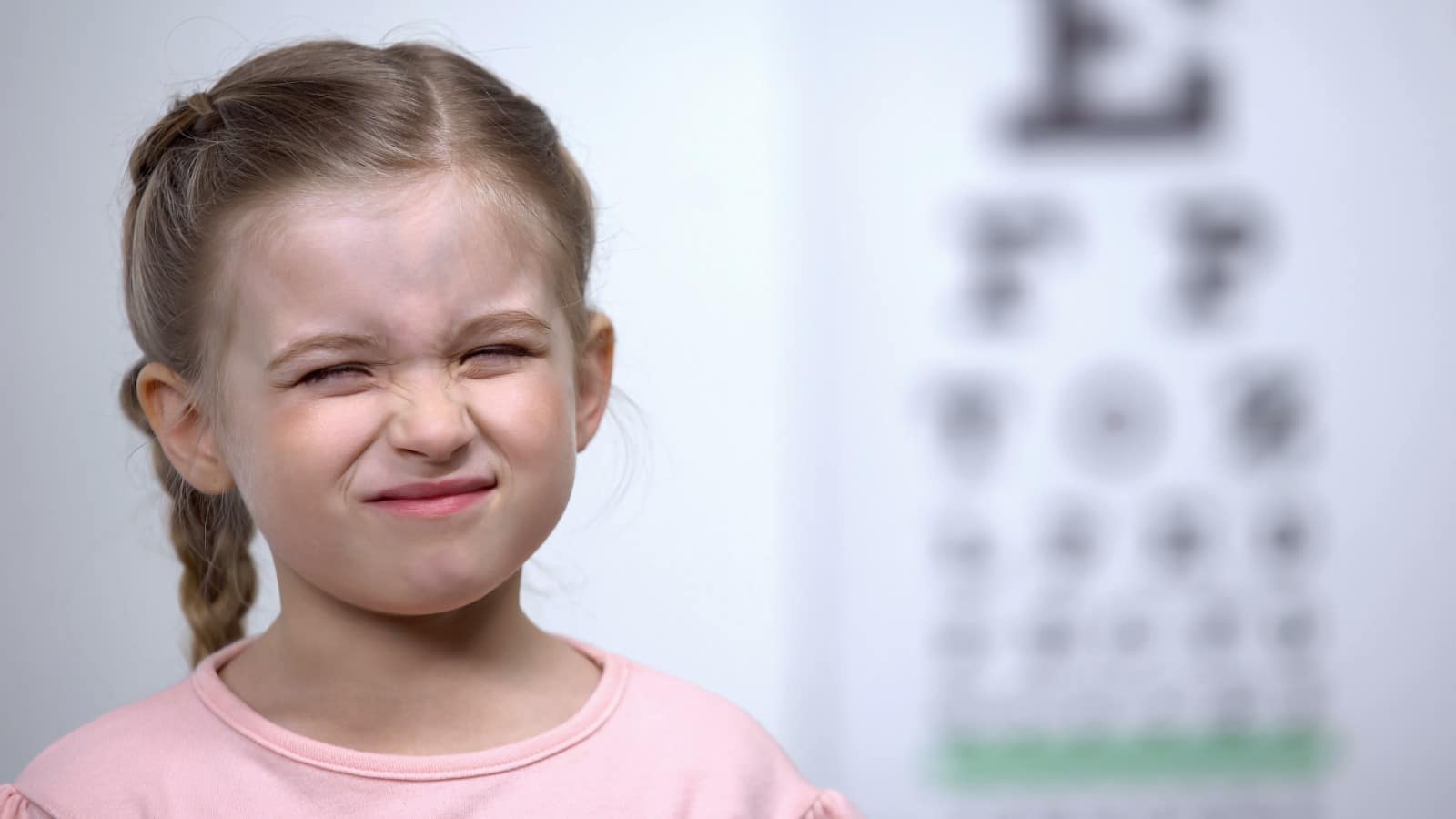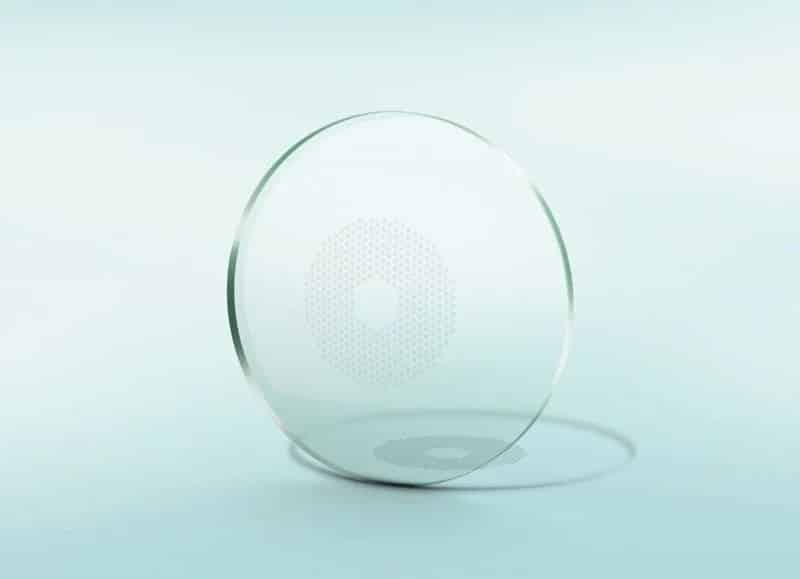Myopia Management Specialist

Myopia Management
Myopia, commonly referred to short sightedness, is a condition that effects long distance vision.
As our children grow, so do their eyes. Children should have their first eye test before they start school. If they are myopic, they may start with a minor prescription. As they grow, their eyes may grow too long, making it harder to focus. This may progressively make their vision worse going into adulthood. This can cause structural problems which can increase lifetime chances of eye conditions including myopic maculopathy, retinal detachment, cataracts, and glaucoma.
What causes Myopia?
There are two main risk factors for a child developing Myopia; lifestyle, and family history.
Lifestyle factors include low levels of outdoor activity or light exposure, and prolonged near tasks – such as reading and extended technology use.
If one or both parents are myopic there is an increased chance of likelihood of developing myopia.
When managing myopia, optometrists at Spectacle Hub take an evidence-based approach with the patient.
myopia treatment melbourne
Myopia is a treatable eye condition that causes ‘blurry vision’ and can be corrected with a pair of glasses or contact lenses. If you are looking for an experienced optometrist who offers Myopia treatments in Melbourne, look no further than Spectacle Hub. Our clinics have been providing the highest quality treatment for conditions such as myopia for years, and our team have many years of knowledge and experience behind them.
what is myopia?
Myopia, also known as nearsightedness, is one of the most common vision problems. It’s a condition in which close objects are blurry while distant objects appear clear and focused. Myopia occurs when the eye is too long or the cornea is too curved. Light entering the eye does not focus directly on the retina but in front of it. The causes of myopia are not completely clear, though there is a strong genetic component.
FORMS OF MYOPIA TREATMENT
Our clinic offers four different management solutions tailored to suit your child’s needs. The optometrist will guide you with the best option for your child which may include one or a mix of methods.
Glasses
We use a range of myopia control lenses in store. Our commonly prescribed anti-fatigue lenses include a blue light filter to protect young eyes from prolonged technology use. Our speciality myopia lenses are designed to bring increased comfort and improved visual ergonomics.
Atropine drops
Atropine eye drops are another form of myopia control. These prescription drops come in a range of dosages and have been shown to reduce the progression of myopia. These are daily drops, usually used at night before bed.
Soft Contact Lenses
Our optometrists may recommend specialised soft contact lenses designed for children, both providing clear vision as well as controlling myopia progression. These come in a single daily use form to minimise the risk of infection.
Orthokeratology
Ortho-K lenses are a speciality contact lenses which are worn overnight to reshape the front surface of the eye (cornea) and eliminate the need for glasses during the day. This revolutionary treatment has proven to show great results in slowing the progression of myopia.

WHAT ARE MiyoSmart Lenses
MiyoSmart lenses are innovative spectacle lenses for myopia. MiyoSmart lenses with D.I.M.S (Defocus Incorporated Multiple Segments) technology work to curb myopia progression on average by 60%*.
MiyoSmart lenses are an evidence-based solution for myopia management. Your child’s quality of life can be improved by slowing down the progression of their myopia and its associated eyesight deterioration.
Benefits of MiyoSmart
- A non-invasive solution that corrects myopic refractive error and at the same time effectively slows down myopia progression on average of 60%.
- Impact-resistant lens material safe for active kids
- Provides UV protection
An effective solution for myopia control.
An estimated 5 billion people or half of the global population, could be affected by short-sightedness by 2050.
Research shows that more time spent on near-work activities is associated with a greater likelihood of myopia.

